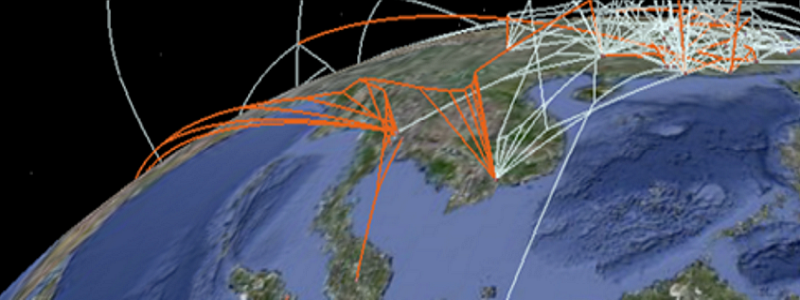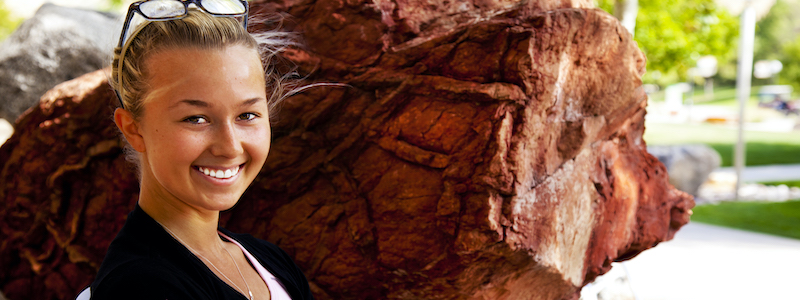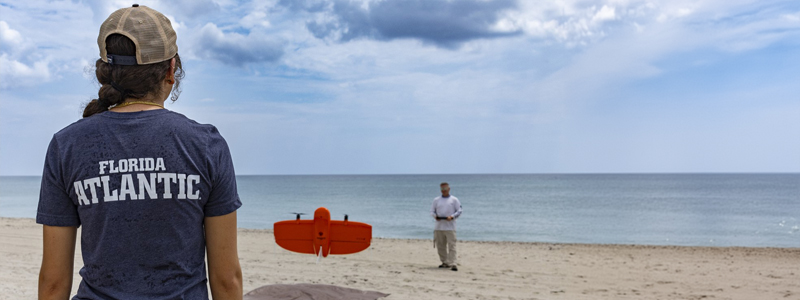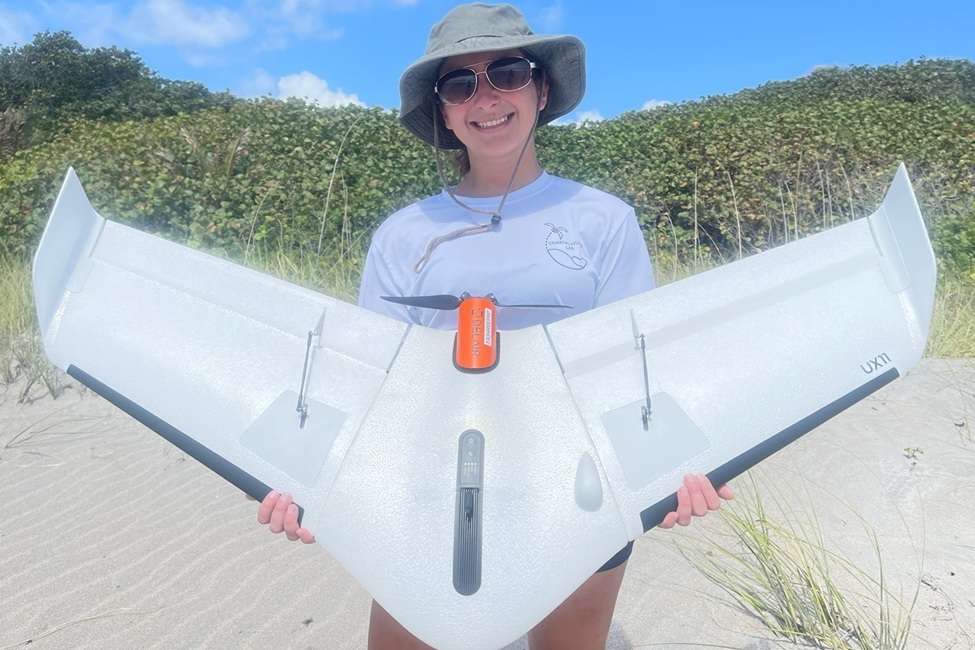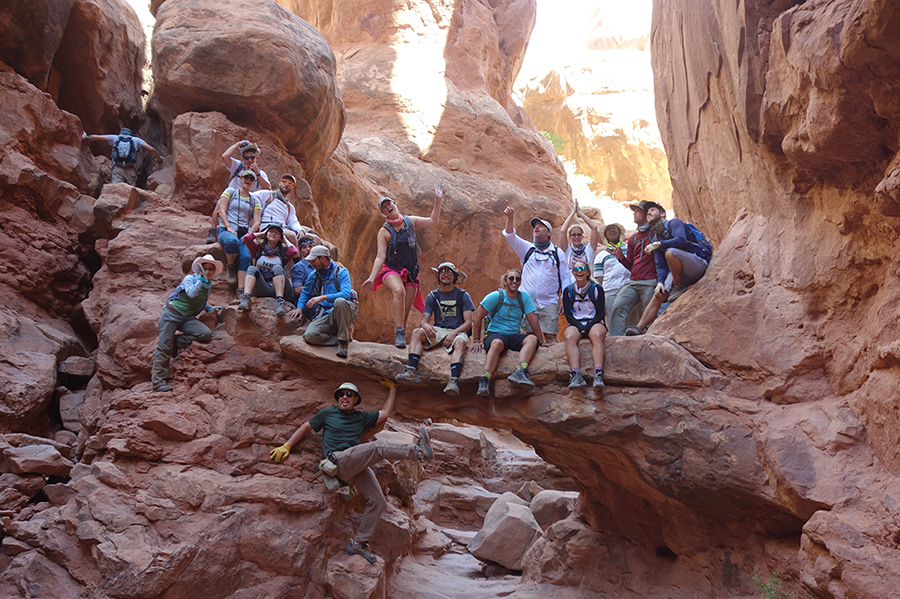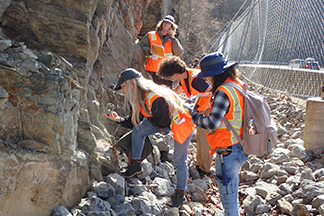Centers & Labs
Stay Connected
Department of Geosciences
Florida Atlantic University
777 Glades Road, Boca Raton, FL 33431
Phone: 561-297-3250
Campus Map

What is Geosciences?
Geosciences is the study of the Earth.
The FAU Department of Geosciences at Florida Atlantic University conducts transformative environmental and management-oriented research centered on Earth Systems Science, Human-Environmental Interactions, and Geospatial Information Sciences.
Our world-class faculty has expertise and research specialties in hydrogeology, paleontology and paleo-environments, near-surface geophysics, coastal geology, biogeography, climate science, environmental change, human-environmental modeling, remote sensing, and GIS.
The Department has demonstrated excellence incorporating research into high-quality scientific education, and strives to service the university, local, regional, national, and global communities through its research, degree programs, certificates, course offerings, professional training, mentoring, and outreach.
Pursue a Degree in Geosciences
Students that study Geosciences have the opportunity to experience all that nature has to offer. And at FAU, the world becomes your classroom - with a strong field-based research component that includes study areas throughout South Florida and across the globe. Learn more.
Highlights
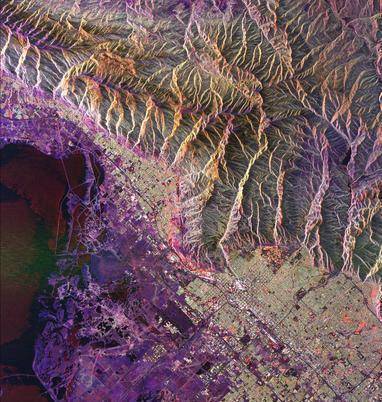
NEW: Online Programs
MS in Geosciences, BA in Geosciences, BS in Geosciences and GIS Certificate Learn More
Geosciences now offers online M.S. in Geosciences, B.S. in Geosciences with a Geography focus and B.A. in Geosciences with a Geography focus degrees that will give students an understanding of not only where phenomena are located upon the Earth’s surface, but how they came to be there. Geographic Information Sciences (GIS) is emphasized to analyze these spatial relationships.
Also available to all students are fully online GIS Certificates.
FAU Scientists Explain Florida’s Flash Flooding Events from Late October Storm
Assistant geosciences professors reveal what caused the historic Oct. 26 storm that drenched Palm Beach County, including FAU's Boca Raton campus. Read more.
FAU Study: Drones Map Loggerhead Sea Turtle Nesting Site Hotspots
Researchers from the Charles E. Schmidt College of Science used drones and field surveys to study how environmental and human factors affect loggerhead sea turtle nest site selection on a high-density beach in Boca Raton. Read more.
Outside the Classroom: Exploring the Earth’s Natural Laboratory
Fieldwork
Fieldwork allows students to expand their knowledge of earth sciences by experiencing the subject in its natural laboratory. Field trips led by Anton Oleinik, Ph.D., associate professor, FAU Department of Geosciences, are a vital part in the life of a geology student. Read more.
More News
Field Camp in Southern Appalachians
Geoscience undergraduate students visited the southern Appalachians as part of the GLY4750 Field Method Course during a nine-day trip over Spring Break. The 11 students explored Cove Lake State Park, Davidson River Campground, and Santee State Park. The class studied sites of geological interest to practice field techniques. View photos.

